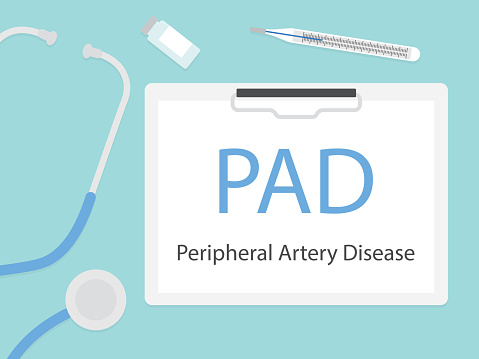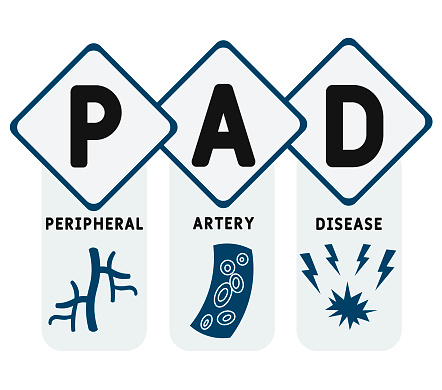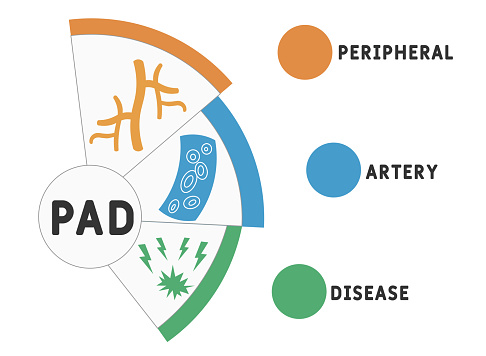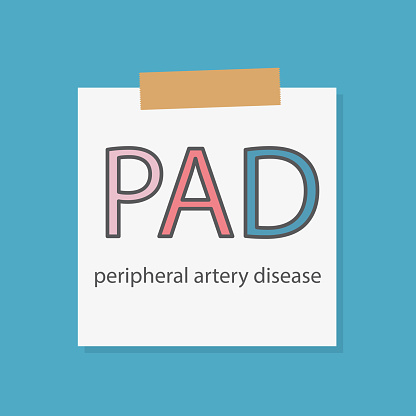A study indicates that more attention should be paid to older peripheral arterial disease (PAD) patients with an increased probability not adhering to lifetime antiplatelet medication.
In this study, researchers obtained data from the database of the General Health Insurance Company to assess 9,178 patients (65 years and older) with PAD diagnosed in 2012. Any patients with a six-month antiplatelet treatment gap were categorized as non-persistent. Researchers used Cox regression to discern characteristics associated with non-persistence.
After five years of follow-up, the results showed that 33% of patients were non-persistent. Factors associated with medication non-persistence included atrial fibrillation, anxiety disorders, bronchial asthma/chronic obstructive pulmonary disease, being a new antiplatelet medication user, and use of anticoagulants or antiarrhythmic agents.
“In patients with an increased probability of non-persistence, an increased attention should be paid to improvement of persistence,” the researchers concluded.
The results were published in Frontiers in Pharmacology.
Link: https://pubmed.ncbi.nlm.nih.gov/34093210/
Keywords: antiplatelet medications, anxiety disorders, atrial fibrillation, discontinuation, non-persistence, peripheral arterial disease









